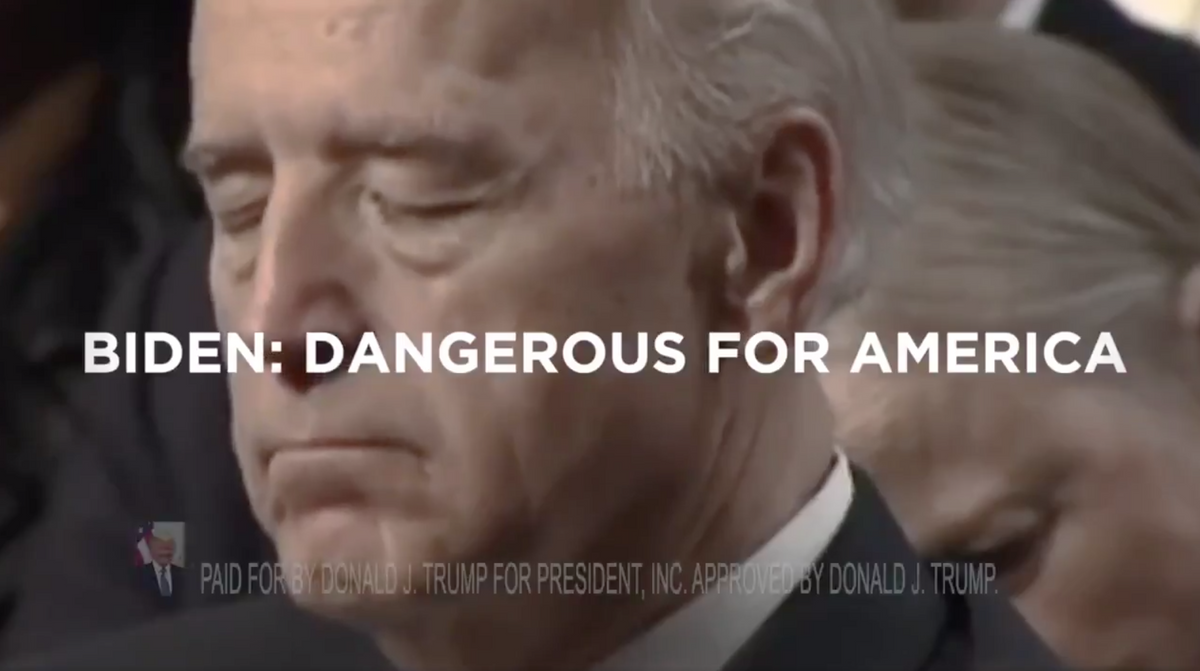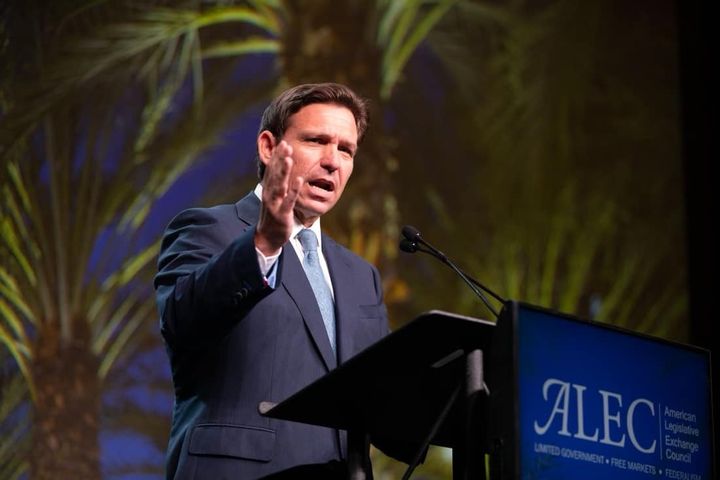Op-Ed: How To Make Campaign Ads Less Terrible
A permanent, publicly-accessible archive of all campaign ads would make it easier to hold politicians accountable for what they say

Campaign advertisements seem to get nastier and more negative with every election cycle. An ad that ran in California’s 50th Congressional District earlier this year was described by local press as “trying to reach a record of nastiness crammed into one commercial spot,” and included racist and gay-baiting imagery. Our political process seems destined to drift further and further away from an honest exchange of ideas.
One way to help push election campaigns back towards that ideal might be creating a permanent, publicly-accessible archive of all campaign ads. This archive, the Campaign Advertisement Repository (or “CAR”), would make candidates—or the outside groups supporting or opposing them—accountable for what they say to voters in paid ads during a campaign.
If a politician makes a campaign promise—and pays money to share that promise with voters—there should be a permanent record. Let’s say a politician takes out an ad pledging not to support any reduction in funding for Social Security or Medicare but later votes to cut the budgets of those very programs. A permanent archive of these competing promises means they can be more easily held to account. Similarly, before an outside group runs an ad that claims “white Democrats will be lynching Black folk again,” the knowledge that this will be publicly archived for all time might give them pause. CAR hanging over politicians’ heads just might induce them to be more honest and more civil.
Here’s how CAR would work: every time a candidate or outside group—like a super PAC or a “dark money” nonprofit—spends money on outreach during a campaign for federal office, they would be required to file a copy of the voter outreach material with a regulatory agency, such as the Federal Election Commission, that would maintain a publicly-available database of all such materials. This would include television, digital, and radio ads, print advertisements, mailers, door hangers, brochures, emails, robocall scripts, and anything else campaigns and outside groups pay to say to voters. Anyone could then access the advertisement directly from the database, and the public would hopefully find this database to be a useful tool in holding politicians’ feet to the fire for what they say during a campaign.
Legal challenges to proposed new regulations in campaign finance like CAR are often couched in First Amendment terms, with money-is-speech jurisprudence providing the backbone of such opposition. With CAR no restrictions would be placed on speech. On the contrary, CAR would only serve to shine a light on these forms of communication by providing another venue in which they are publicly available.
Similar efforts have proven legally durable and valuable. The City of Los Angeles already runs such a program. The Internet Archive compiled television ads run during the 2016 campaign. Facebook has archived political ads that run on its site since 2018.
CAR, when coupled with strong disclosure requirements that make clear who is paying for campaign ads, can ensure that candidates and outside groups can be held accountable for the promises they make and the charges they level at their opponents. Campaigns of all stripes should be willing to stand behind what they say in their ads during elections. Exposing political ads for everyone to see should encourage more honesty, discourage negative smear tactics, and introduce more accountability into our electoral system.
Matt Strabone is the general counsel for RepresentUs, an anti-corruption organization.
Read more:
‘It’s a Secret, a (c)(4) Is a Secret’: Dark Money Powers $60 Million Bribery Scheme in Ohio
Here Are the Billionaires Funding Trump’s Voter Suppression Lawsuits
Dark Money Floods in to State Elections, Revealing Cracks in Disclosure Laws
States and Cities With Public Campaign Financing Lead on Paid Sick Leave Policies




Comments ()